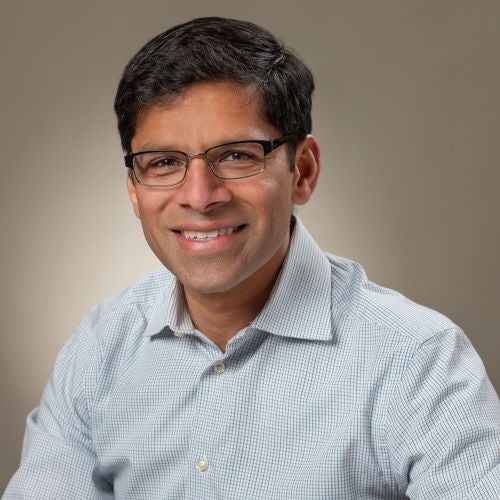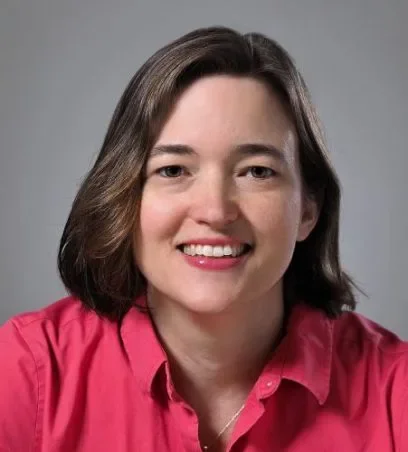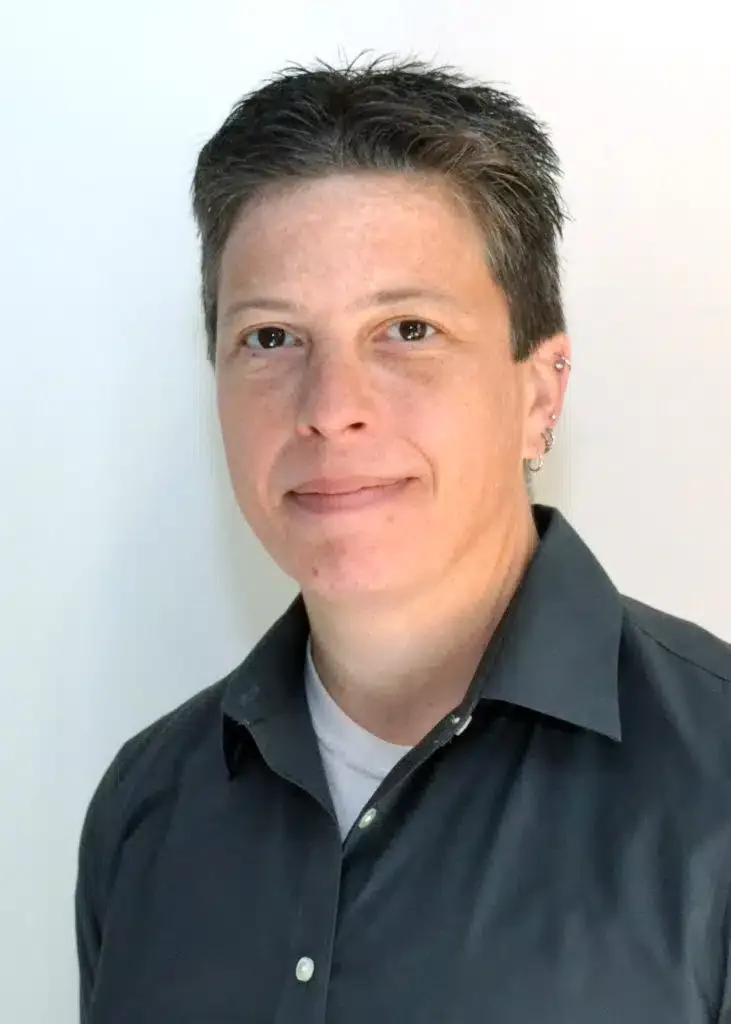Our Projects
Do Expectations about the Future Keep Pace with Medical Innovations? Evidence from People with HIV in Philadelphia
Philadelphia, PA

As the population of older adults with HIV (PWH) continues to grow, it is increasingly important to understand how individuals plan for aging-related experiences, including retirement, long-term care, and financial security. This study investigates how older PWH form expectations about their economic futures in the context of longer life expectancies due to medical advancements like antiretroviral therapy (ART).
Several characteristics of older adults with HIV underscore the need for focused research. Older PWH face higher rates of comorbidities, including non-communicable diseases and substance use disorders, which can affect employment, caregiving networks, and financial stability. In the U.S., PWH also disproportionately include racial and sexual minorities, groups who often experience economic disadvantage. Moreover, despite improvements in ART efficacy, some PWH may not have updated their survival expectations, potentially leading to underinvestment in future planning.
The study aims to develop and pilot a survey instrument that captures subjective survival expectations, financial outlooks, future time perspectives, and caregiving networks among older PWH receiving care at Penn Medicine clinics. The questionnaire will draw from validated instruments used in studies of aging, including the Health and Retirement Study (HRS).
In addition to describing expectations and planning among older PWH, the study will compare these responses to data from existing national and international cohorts, including the HRS, the A4/LEARN Alzheimer’s disease study, and the Health and Aging in Africa: Longitudinal Studies in South Africa (HAALSI). These comparisons will offer insight into the distinctive experiences of aging with HIV and support the development of future interventions aimed at improving long-term well-being and economic outcomes for this population.
Keywords
HIV and aging, Philadelphia
Principal Investigators


Co-Investigators




